Is Coke Zero Bad for You?


Related products
Coke Zero, a popular sugar-free alternative to traditional Coca-Cola, has been a subject of both consumer interest and scientific scrutiny since its introduction to the market. Launched as Coca-Cola Zero in 2005 and later rebranded, this beverage promises the classic Coca-Cola taste without the sugar and calories. The aim of this article is to delve into the health implications of consuming Coke Zero, focusing on its composition, the role of artificial sweeteners, and the resulting health concerns. To achieve a comprehensive understanding, this article reviews scientific studies, analyses the nutritional content, and includes opinions from medical and nutritional experts.
Composition of Coke Zero
Ingredients
Coke Zero contains several ingredients, notably carbonated water, caramel color, phosphoric acid, aspartame, potassium benzoate, natural flavors, potassium citrate, acesulfame potassium, and caffeine. The two artificial sweeteners, aspartame and acesulfame potassium, are key components that provide sweetness without the calories associated with sugar.
Dr. Emily Clark, a nutritionist, notes, "While these sweeteners reduce calorie intake, understanding their long-term health effects is crucial." This sentiment is echoed in various studies examining the safety and health implications of these substances.
Comparison with Regular Coke
The primary difference between Coke Zero and regular Coca-Cola is the absence of sugar in Coke Zero. Regular Coca-Cola contains high fructose corn syrup or sugar, contributing to its calorie content. In contrast, Coke Zero uses artificial sweeteners to mimic the sweet taste without adding calories.
"Consumers often choose Coke Zero as a lower-calorie alternative, but the substitution of sugar with artificial sweeteners changes the nutritional profile significantly," states Dr. Mark Thompson, a public health expert.
Nutritional Information
Nutritionally, Coke Zero contains negligible calories and no sugar. However, the presence of artificial sweeteners and other additives like caramel color and phosphoric acid raises questions about its health impact. The caffeine content is similar to that of regular Coca-Cola.
Health Concerns Associated with Artificial Sweeteners
Overview of Artificial Sweeteners
Aspartame and acesulfame potassium, used in Coke Zero, are among the most common artificial sweeteners in the food industry. Aspartame is known for its sweetness, which is about 200 times that of sugar, while acesulfame potassium is 180-200 times sweeter than sugar.
"Despite their effectiveness in providing sweetness without calories, there is ongoing research into the metabolic effects of these sweeteners," explains Dr. Susan Roberts, a dietician.
Scientific Studies on Artificial Sweeteners
Research on artificial sweeteners presents a complex picture. Some studies indicate that they may have a negligible impact on blood sugar levels, making them a safer choice for diabetics than sugar. However, other studies suggest potential links to changes in gut bacteria, appetite regulation, and even glucose metabolism.
A 2019 study in the journal 'Nutrients' found that while artificial sweeteners do not directly contribute to blood sugar levels, their impact on appetite and subsequent food intake could indirectly affect metabolic health.
Debates and Controversies
The safety of artificial sweeteners, particularly aspartame and acesulfame potassium, remains a contentious issue. Some experts argue that these sweeteners are safe when consumed within the established acceptable daily intake limits. The European Food Safety Authority (EFSA) and the U.S. Food and Drug Administration (FDA) have both deemed these sweeteners safe for consumption.
However, contrasting views exist. "There is a lack of consensus on the long-term effects of artificial sweeteners. While regulatory bodies have deemed them safe, some independent studies suggest potential health risks," says Dr. Thompson.
In conclusion, while Coke Zero offers a low-calorie alternative to regular Coca-Cola, the health implications of its artificial sweeteners and other additives remain a topic of scientific investigation and debate. Consumers should consider this information alongside their personal dietary needs and health goals.
The Impact of Coke Zero on Weight Management
Coke Zero and Weight Loss
Coke Zero, being calorie-free, is often considered a beneficial drink for weight loss. Dr. Helen Foster, a dietitian, states, "Calorie reduction is critical in weight management, and Coke Zero can be a part of this strategy as it replaces the high-calorie content of regular sodas." However, it's crucial to note that successful weight loss involves a comprehensive approach, including a balanced diet and regular exercise, not just substituting sugar with artificial sweeteners.
The Role of Coke Zero in Dieting
Coke Zero can fit into various diet plans, especially those aiming for reduced sugar intake. Its zero-calorie feature makes it an attractive option for those counting calories. However, nutritionist Dr. Emily Clark cautions, "While it's useful for reducing sugar and calorie intake, relying solely on diet drinks like Coke Zero without adjusting overall dietary habits might not lead to desired health outcomes."
Psychological and Behavioral Considerations
The psychological impact of consuming Coke Zero on eating habits and cravings is complex. Some studies suggest that the sweet taste of artificial sweeteners could trigger cravings for more sweet foods, potentially leading to higher calorie intake from other sources. "The sweetness of Coke Zero could maintain a preference for sweet tastes, thus affecting dietary choices," explains psychologist Dr. Laura Williams.
Long-term Health Implications
Chronic Diseases
The link between regular consumption of Coke Zero and chronic diseases is a subject of ongoing research. Some studies indicate no direct correlation between diet sodas and diseases like diabetes, heart disease, and cancer. However, Dr. Mark Thompson warns, "Observational studies have shown associations between diet soda consumption and the risk of chronic illnesses, though these do not establish causality."
Dental Health
Coke Zero's impact on dental health revolves around its acidity, which can contribute to tooth enamel erosion. "The acidic nature of Coke Zero, similar to other carbonated drinks, can be detrimental to dental enamel over time," says dentist Dr. Sarah Hughes.
Overall Dietary Patterns
In terms of overall dietary patterns, the inclusion of Coke Zero should be considered within the broader context of an individual's diet. "A balanced diet, rich in fruits, vegetables, whole grains, and lean proteins, should be the priority, with drinks like Coke Zero being an occasional addition rather than a mainstay," advises Dr. Foster.
Expert Opinions and Guidelines
Views from Nutritionists and Health Experts
Experts generally agree that moderation is key when consuming beverages like Coke Zero. "It's not inherently harmful but should be consumed in moderation as part of a balanced diet," suggests Dr. Clark.
Official Health Guidelines
Health organizations, including the World Health Organization (WHO) and the American Heart Association (AHA), recommend limiting the intake of artificially sweetened beverages. These guidelines emphasize whole, unprocessed foods for optimal health.
Conclusion
In summary, while Coke Zero offers a calorie-free alternative to regular sodas, its impact on weight management, long-term health, and overall diet needs careful consideration. The use of artificial sweeteners, while helpful in reducing calorie intake, brings its own set of challenges and potential health implications.
The decision to consume Coke Zero should be based on personal dietary goals and health conditions, with an emphasis on moderation. It should not replace water or other nutritious drinks but can be an occasional part of a balanced diet.
Future research is essential to fully understand the health impacts of Coke Zero. This includes its long-term effects on weight management, chronic disease risk, and overall dietary patterns, providing clearer guidance for consumers.



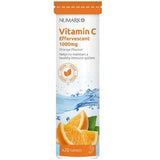
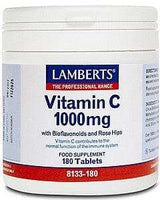
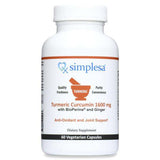








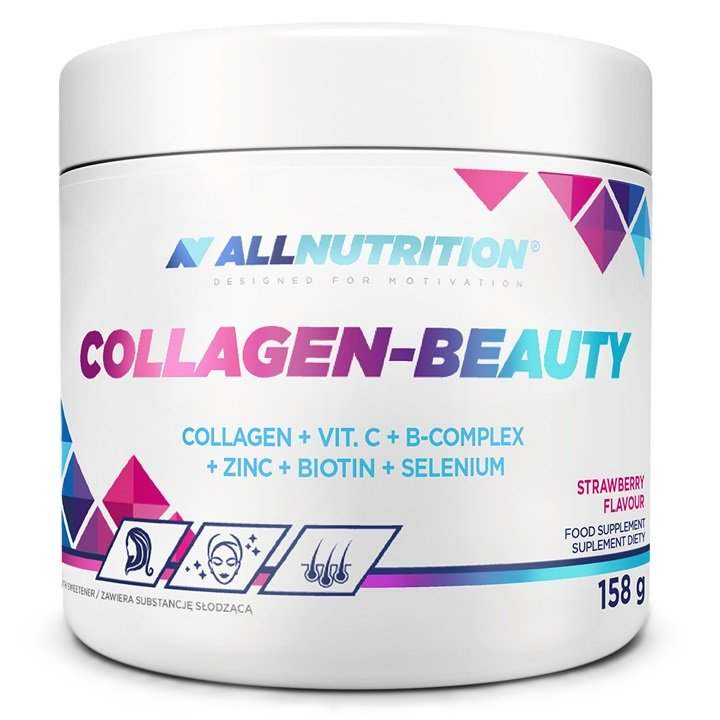


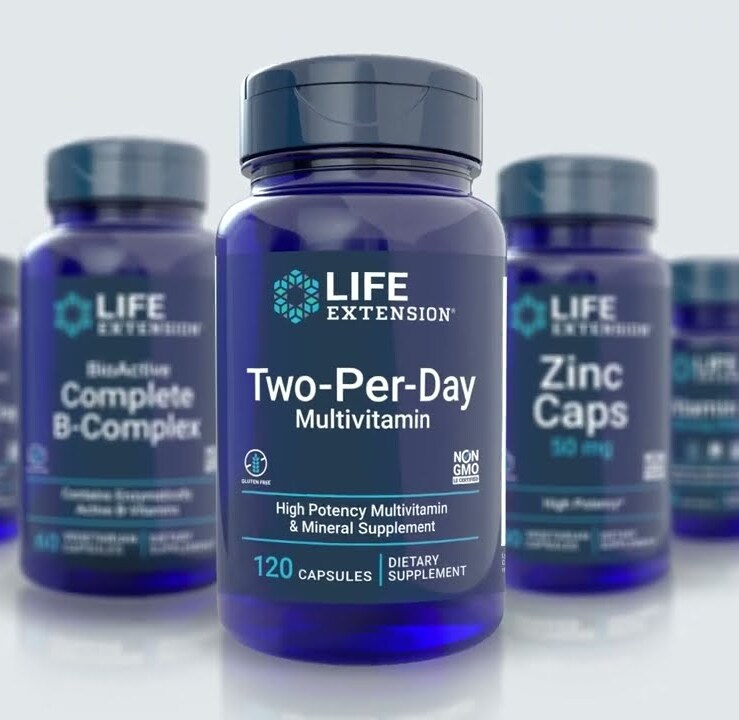

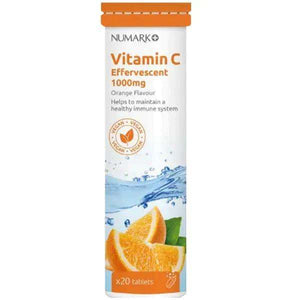
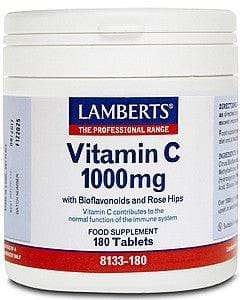
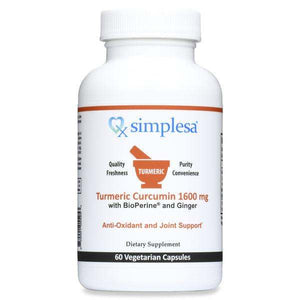
















 Rated Excellent by 26,523+ Reviews
Rated Excellent by 26,523+ Reviews